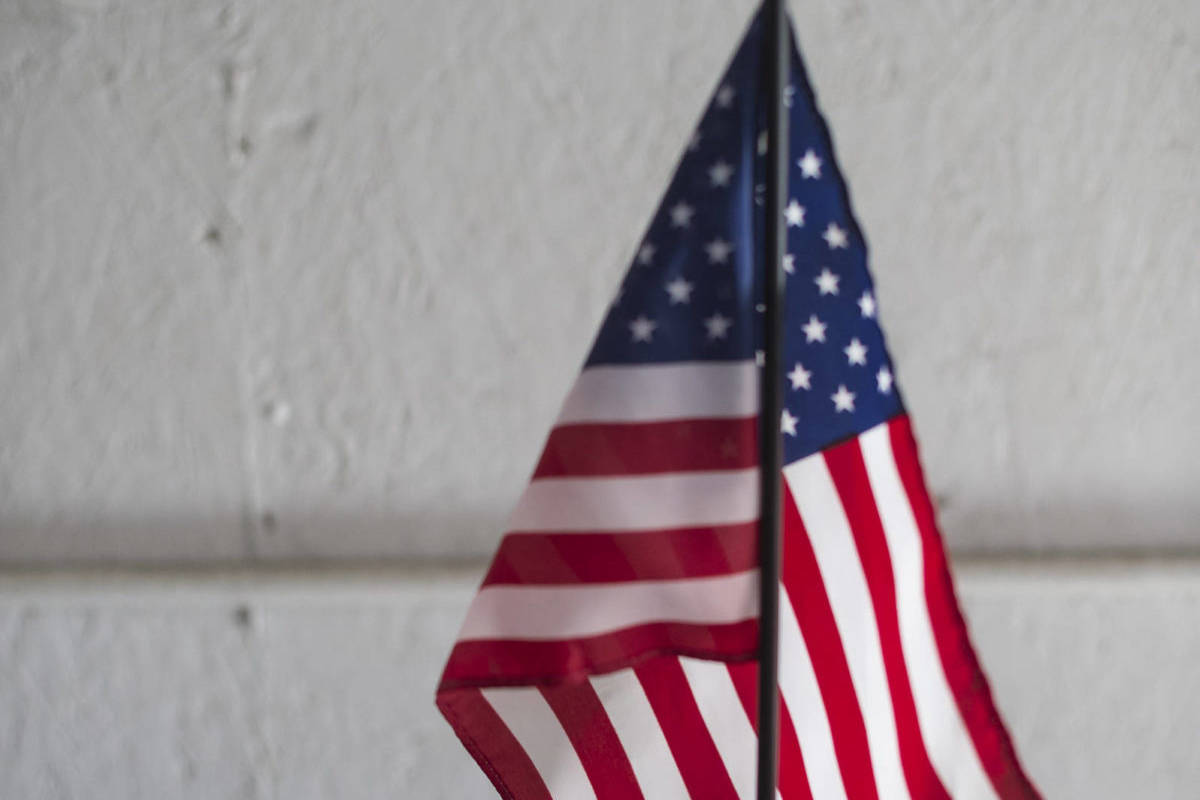It’s too early to know how many nonpolitical public employees appointed by Gov. Bill Walker or his predecessor will leave their jobs after receiving requests for resignation letters from governor-elect Mike Dunleavy. For many, it may hinge on whether they interpret the request as a benign formality or a demand for loyalty to a partisan political agenda.
The list of positions who received them include criminal prosecutors, geologists and petroleum engineers and health care professionals. According to Walker, it’s caused a lot of “anxiety and uncertainty” for dedicated public servants who weren’t subjected to similar requests when he took office four years ago.
Tuckerman Babcock, who will serve as Dunleavy’s chief of staff, said the request wasn’t “meant to intimidate or scare anybody.” The intent was to give them a chance to indicate if they want to “work on this agenda” by working “in this administration.” But if they don’t “express a positive desire” to do so, they’re likely to be terminated.
And that’s where the “pledge of loyalty” begins to make its appearance. It’s how Charles Wohlforth described the request before wondering if state employees will be fired for not supporting all “64 points of the Alaska Republican Party platform.”
Of course, few people know what’s in that entire platform. But Wohlforth’s point is that during the campaign Dunleavy didn’t articulate a detailed agenda. For instance, he points out that Dunleavy “never said specifically how he would address crime or how the Department of Law would work differently.” So prosecutors asked to submit their resignations are in the dark. And the inconsistent statements Dunleavy made about health care and education make it less clear for people in those professions.
The only policies Dunleavy firmly committed to relates to the budget. He promised to balance it by slashing state spending while restoring the Permanent Fund Dividend and enacting no new personal taxes.
That means public employees across the board will be expected to do more with less. Maybe “a lot more with less,” which is how, only a month after being sworn into office, President Donald Trump described his approach to the federal budget. Just as former House Speaker John Boehner claimed in 2013. “Republicans have shown that the federal government can, and must, do more with less,” he said, adding a balanced budget was achievable “if the president and Washington Democrats come to the table willing to make the same tough choices.”
Of course, that’s all proven to be hollow rhetoric. Congress hasn’t balanced a budget for almost 20 years. Deficits grew while George W. Bush was president and Republicans controlled both house of Congress. It’s no different now under Trump. Except that many Republican fiscal hawks chose to bow to Trump instead of defending that principle.
At the state level the issue isn’t as complicated. So, it’ll be easier for Dunleavy than it was for Bush, Trump and Boehner to remain committed to deep cuts in government spending. But that doesn’t mean his fiscal policy will be good for Alaskans or our economy.
And for Babcock, the more important agenda may be loyalty to the Republican Party.
Babcock was elected party chairman in May 2016. After the election the following November, Reps. Gabrielle LeDoux of Anchorage, Louise Stutes of Kodiak and Paul Seaton of Homer, all Republicans, aligned themselves with 17 Democrats and two independents to form a majority coalition.
How did Babcock respond? By recommending the party “actively recruit and support a transparent, honest member of the Republican team for the next election cycle.” As that approached, he tried to prevent them from appearing on the Republican primary ballot. All along it appears he was “less bothered by the moderate ideology of the three” than how they “abandoned the team.”
Seaton compared the party’s governance under Babcock to a “central committee” like those ruling Iran and China. It “chooses the candidate” he said, then when people get to vote, they “can only vote on the approved candidate.”
Confident leadership understands that some dissension in the ranks fosters critical thinking and builds solid morale. As chairman of the state Republican Party, it was within Babcock’s right to repress it. But it’ll be bad for our government if he’s allowed to operate that way as the governor’s chief of staff.
• Rich Moniak is a Juneau resident and retired civil engineer with more than 25 years of experience working in the public sector. He contributes a weekly “My Turn” to the Juneau Empire. My Turns and Letters to the Editor represent the view of the author, not the view of the Juneau Empire.

